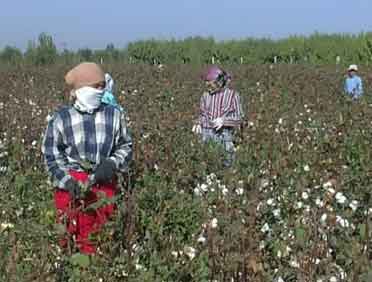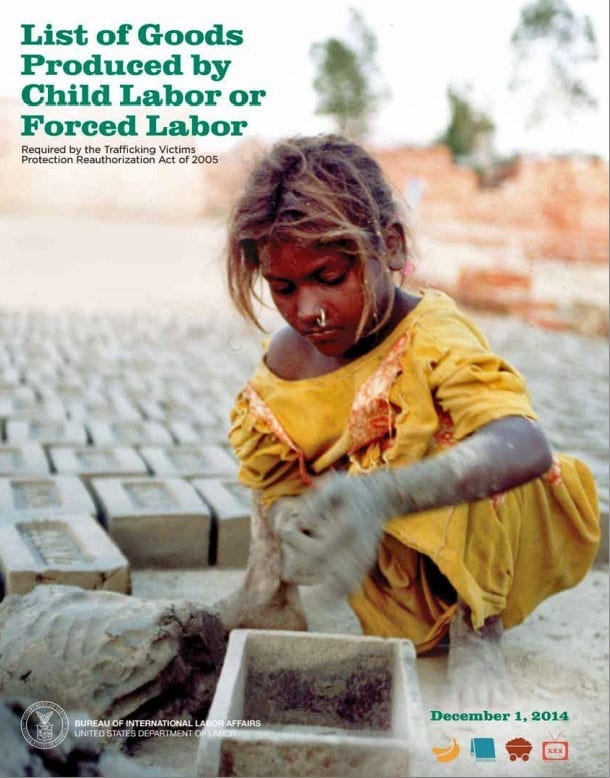
Uzbek Government Deports Labor Rights Consultant
(Moscow, March 24, 2015)—The arrest and expulsion from Uzbekistan of an international labor rights expert raises serious concerns about the government of Uzbekistan’s commitment to international human rights conventions and the feasibility of the World Bank’s agricultural programs in Uzbekistan.
Uzbekistan operates what is perhaps the world’s largest state-organized system of forced labor, forcibly mobilizing more than a million of the country’s citizens to pick cotton each fall. When the World Bank initiated new loans to Uzbekistan’s agriculture sector last year, the Bank conditioned the loans on the Uzbek government following through on promises not to use forced labor in the areas where the Bank-funded projects will operate.
On March 19, the Uzbek government arrested, detained, deported and banned from the country Dr. Andre Mrost, an international labor rights consultant, whose firm, Just Solutions Network, Ltd., has bid on a contract to implement a feedback mechanism also called for under the terms of the World Bank loans.
“Three men in black entered the room, introducing themselves as officers of the Ministries of Justice and Labor and accompanied by three policemen. They demanded my passport and took me to the police station,” Dr. Mrost reported. “The Labor Ministry representative interrogated me first, then the police, and finally the national security service. They forced me to sign a document I could not read, in Uzbek, and then escorted me to airport passport control, where my passport was stamped with an order prohibiting my re-entry to the country.”

